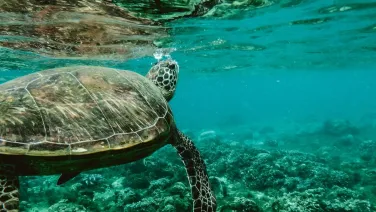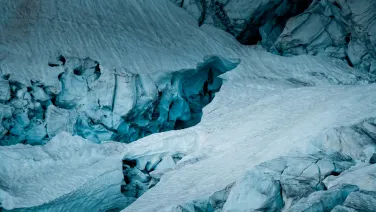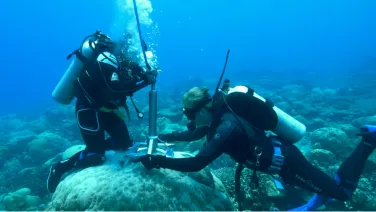Australia joins International Continental Scientific Drilling Program
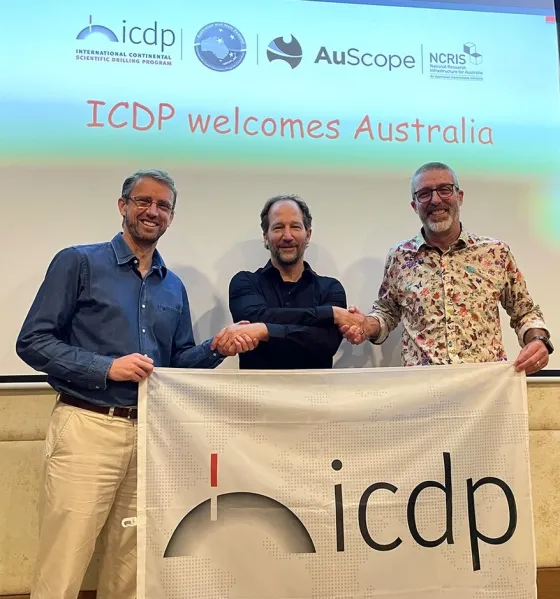
Australian scientists now have access to a more complete understanding of our planet, as Australia becomes a member of the International Continental Scientific Drilling Program (ICDP). The historic agreement was signed in May between ICDP and the Australian National University, on behalf of ANZIC - the Australia New Zealand International Scientific Drilling Consortium.
The commitment, amounting to $1.2 million AUD over four years, is provided through AuScope (Australia’s provider of geoscience research infrastructure) who is enabled by the Australian Government’s National Collaborative Research Infrastructure Strategy (NCRIS).
“ICDP is a monumental international scientific collaboration involving over 20 countries. Across almost three decades it has probed into the Earth to help us understand the life of our planet - its processes, history and future,” says Dr Ron Hackney, ANZIC Director, representing Australia at its first ICDP international meeting in Pune, India, this week. “Joining this international effort is an exciting and significant moment.”
“We are thrilled to welcome Australia to ICDP,” says Professor Marco Bohnhoff, ICDP Executive Director. “Their participation will enhance our collective efforts to unravel the Earth’s mysteries and address global challenges. While there had been collaborations with Australian geoscientists on a project level in the past, joining the continental drilling community will open up new opportunities to tackle ICDP’s key science themes that focus on deciphering geohazards and Earth evolution as well as mitigating global warming and contributing to the energy transition.”
“AuScope is very excited to enable Australia’s membership of ICDP,” adds Dr Tim Rawling, CEO of AuScope. “We see this is a critical opportunity for Australian researchers. It will provide international collaborative opportunities for our geoscience research community who have a long history in deep Earth sampling in the Australian context.”
“The Australian research community is eager to be a part of ICDP,” explains Dr Hackney. “Some important questions about our planet, environment and climate can’t be answered without examining the deep core samples of sediments and rock accessed by this program.”
“These long-buried sediments and ancient rocks hold the Earth’s memory – they allow us to see how the Earth has changed, how continents have moved, and understand its life, chemistry, and climate.”
“Through ANZIC, Australian researchers already had access to core samples extracted from beneath the sea. With ICDP membership, we can look to probe into the land and lakes as well.”
“Together, it will give us new opportunities to examine our coastal zones, to better understand the interplay between freshwater and saltwater, patterns of drought and increased bushfire risk, and safeguard our coastal communities and infrastructure.”
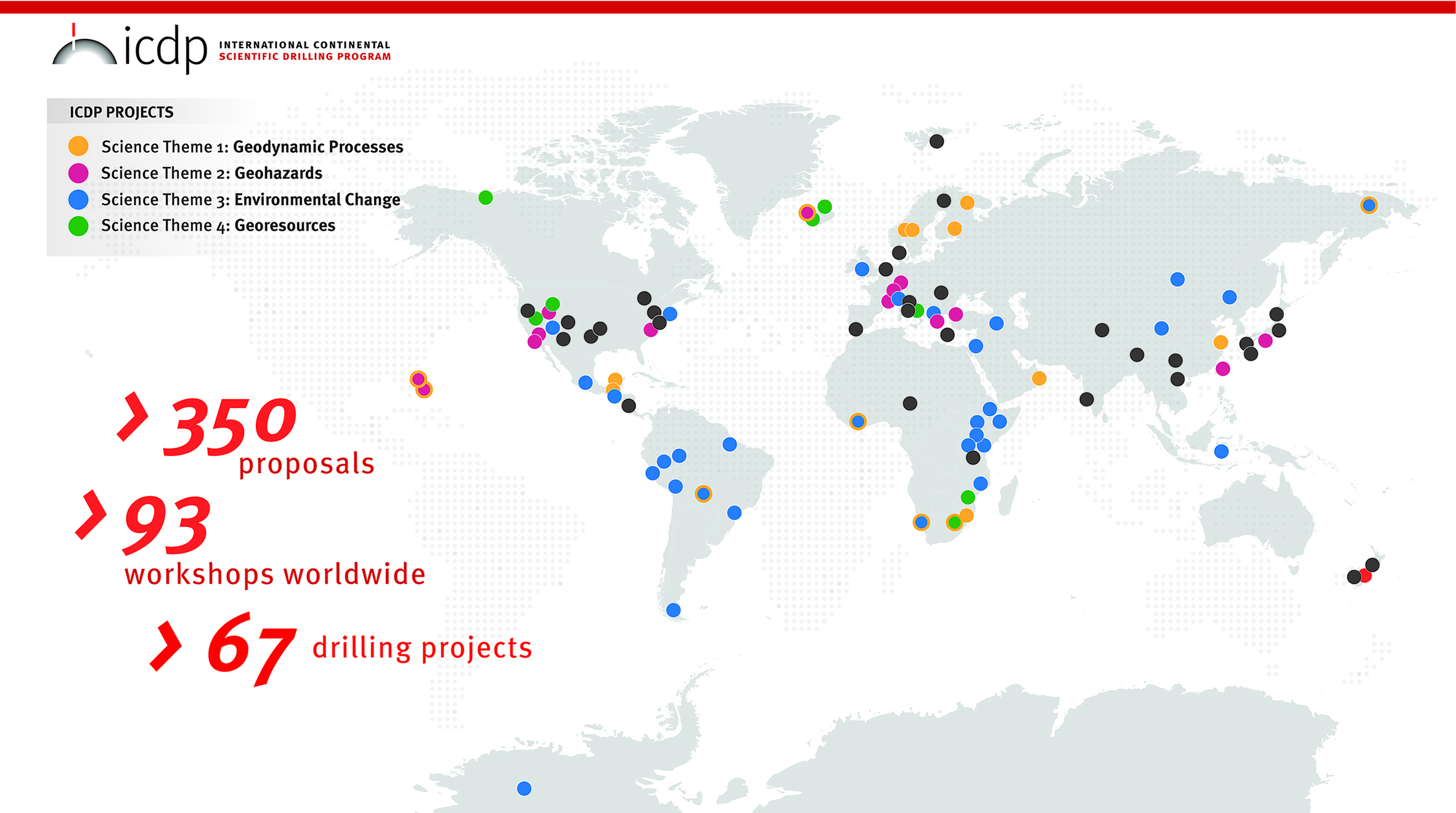
“ICDP core samples will also allow Australian scientists to improve projections of future climate, sea-level and environmental changes by ground-truthing climate models with insights from the past,” Dr Hackney says.
“It’s an important opportunity for our scientists to participate in world-class projects around the globe and bring the knowledge and expertise home.”
This article was first published by ANZIC. See the orginal.

